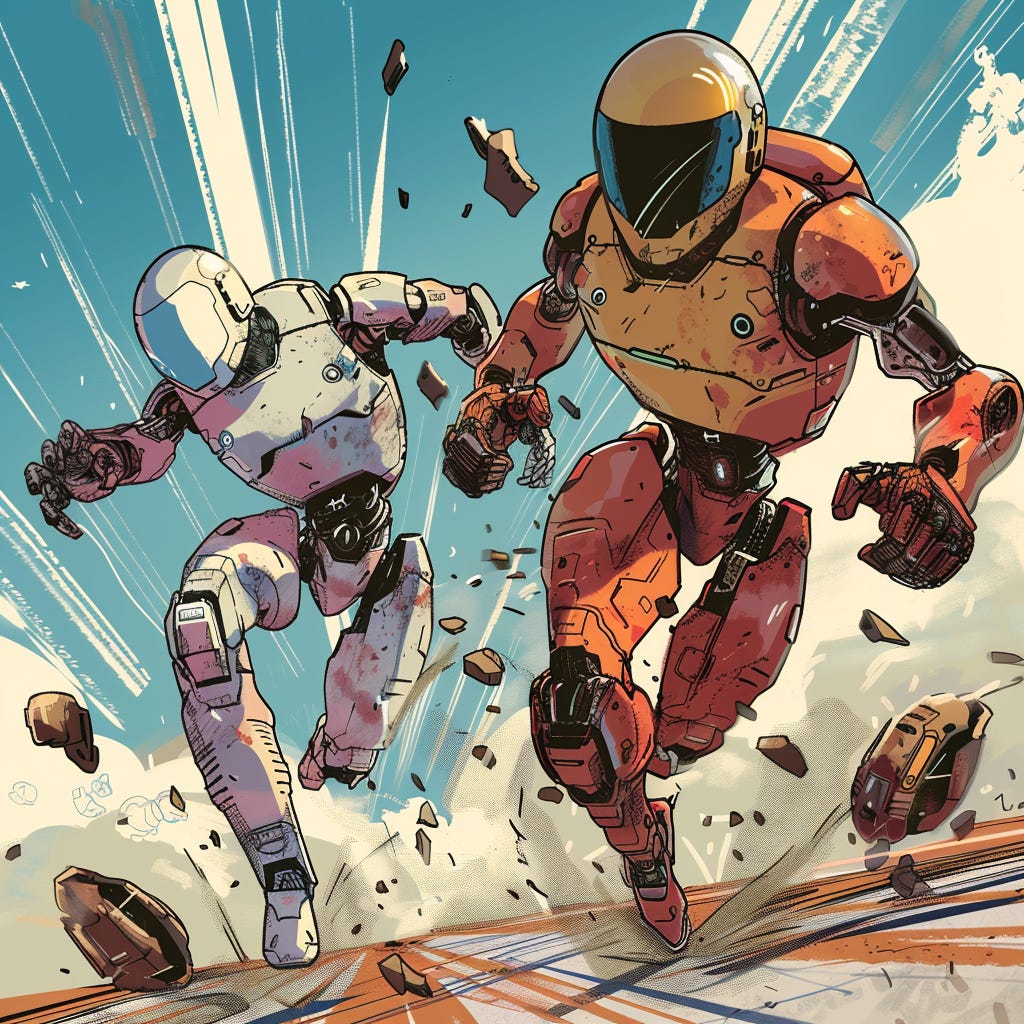Claude 3 Beats GPT-4 in Benchmarks: Is That Enough to Switch?
Is it time to cancel your ChatGPT subscription?
Hi!
Before we start with this article, here’s a quick reminder that the early bird discount for my latest course “Modern Data Analyst: SQL, Python & ChatGPT for Data Analysis” ends soon. You can get the course with discount clicking on this link or you can get it for free after becoming an annual paid subscriber here on Substack.
Anthropic’s Claude 3 was …




